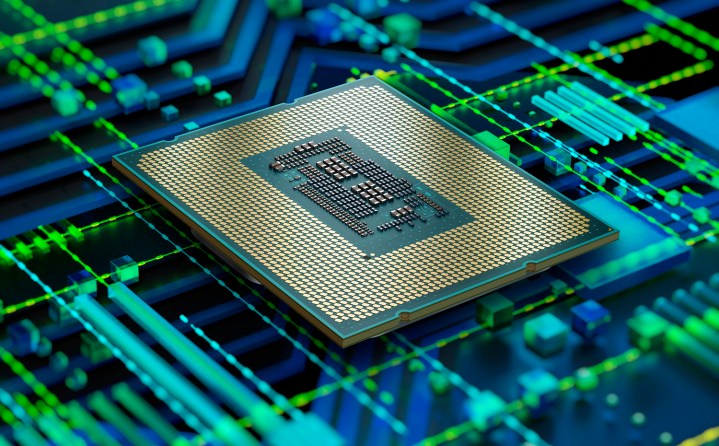Intel CEO Pat Gelsinger will host a webcast that may reveal a major move in its chip manufacturing business. Amid the continuing chip shortage, this announcement may allow the tech community to breathe a sigh of relief if Intel does indeed announce something significant. The webcast is scheduled for 11:30 a.m. PT today, January 21.
Intel’s Newsroom page for the event notes that Gelsinger, along with Intel’s supply chain boss Keyvan Esfarjani, will “share details of Intel’s latest plans for investment in manufacturing leadership.” The webcast will also allow Intel to talk about how it’s meeting the increased demand for semiconductors and tightening its global supply chain. Tom’s Hardware reports that an Oregonian reporter believes that investment in manufacturing means a new semiconductor factory in Columbus, Ohio.

Also to be addressed on the webcast announcement is that Intel’s investment is part of its integrated device manufacturing (IDM 2.0) strategy. This strategy, announced last March, is Intel’s plan for expanding their manufacturing capability of its own chips, as well as becoming a foundry for other customers. Part of that announcement includes a roughly $20 billion investment to build two new fabrication plants in Arizona. Another factory announcement in Ohio would be consistent with the IDM 2.0 strategy.
Given how tight the semiconductor market is at the moment, any announcement of expanding production is great news. While it will take quite a while for the fabs to be built and started, it should do much to stabilize the market if a global emergency, such as the ongoing pandemic, devastates the supply chain.
It’s unlikely Intel will reveal any new information about future chip designs. However, the company will undoubtedly utilize the extra fab space to bolster production of upcoming chips such as Meteor Lake and its own Arc Alchemist GPUs. This also ties in to the company’s announcement last year about simplifying its process naming schemes as it pushes past nanometers.



